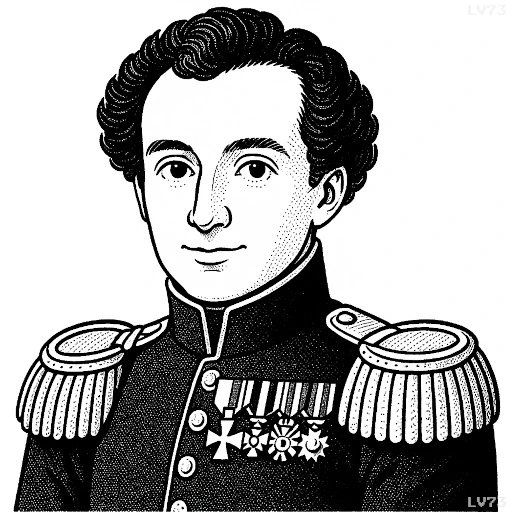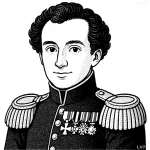“War is not merely a political act but a real political instrument, a continuation of political intercourse, a carrying out of the same by other means.”

- July 1, 1780 – November 16, 1831
- Born in the Kingdom of Prussia (now Germany)
- Military officer and military theorist
table of contents
Quote
“War is not merely a political act but a real political instrument, a continuation of political intercourse, a carrying out of the same by other means.”
Explanation
Clausewitz’s statement expands upon his famous idea that war is the continuation of politics by other means, emphasizing that war is not simply an extension of political conflict but an active and tangible political instrument in its own right. While diplomacy, negotiations, and treaties are the primary tools of statecraft in peaceful times, war becomes the tool when political goals cannot be achieved through other means. Clausewitz stresses that war is not an isolated or irrational event but is, instead, a calculated response to unresolved political issues, a mechanism through which states pursue their political objectives, whether it is securing resources, expanding territory, or influencing the balance of power. In this view, war is still fundamentally political in nature, as it is deeply entwined with the ambitions, values, and interests of the political entities involved.
This principle can be seen in numerous historical conflicts. For example, Napoleon Bonaparte’s military campaigns were, at their core, driven by his political ambition to restructure Europe under French hegemony. The Wars of the French Revolution were not simply battles for military dominance, but campaigns aimed at transforming political systems across Europe, spreading the ideals of the revolution, and defending the nascent French Republic from external monarchies. Similarly, in the case of World War II, Adolf Hitler’s expansionist goals in Europe were not born out of military necessity alone but were directly tied to his political vision of establishing a Greater Germany and challenging the existing European order.
In modern warfare, Clausewitz’s idea remains relevant. Conflicts today, such as the Russia-Ukraine war or U.S. military interventions in the Middle East, are not merely military clashes; they are driven by complex political objectives such as regional influence, ideological confrontation, and the pursuit of national interests. War is waged with the explicit aim of altering the political landscape—whether by toppling regimes, securing strategic resources, or achieving political dominance. The military actions, therefore, are seen as the means through which political entities attempt to realize their political aims, even though those means involve significant risks and consequences. Clausewitz’s insight serves as a reminder that war is always rooted in the political environment from which it arises, and understanding its underlying political causes is essential for interpreting and managing conflicts effectively.
Would you like to share your impressions or related stories about this quote in the comments section?

